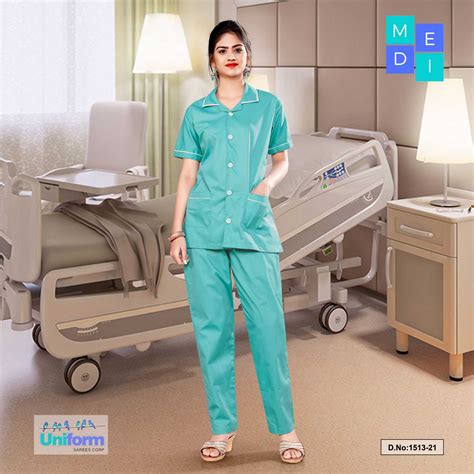Overview:
SUNY (State University of New York) is undeniably a powerhouse in nursing education. The system boasts 15 schools offering undergraduate and graduate nursing programs, with each institution showcasing a unique set of strengths and specializations. This article will delve into the world of SUNY nursing schools, highlighting their offerings, admission requirements, and career prospects for graduates.

Top-Tier Academic Programs:
SUNY nursing schools consistently rank among the best in the nation. According to U.S. News & World Report, several SUNY campuses feature prominently in the top 100 nursing schools, including Stony Brook University, University at Buffalo, and Binghamton University. These accolades attest to the rigorous academic programs, experienced faculty, and state-of-the-art facilities that prepare students for success in the nursing profession.
Diverse Program Options:
SUNY offers a wide range of nursing programs to cater to the diverse needs of students. These include:
- Associate Degree in Nursing (ADN): A two-year program that prepares individuals for entry-level nursing positions.
- Bachelor of Science in Nursing (BSN): A four-year program that leads to licensure as a registered nurse (RN).
- Master of Science in Nursing (MSN): A graduate program that provides advanced education and specialization in areas such as nurse practitioner, nurse anesthetist, or nursing leadership.
- Doctor of Nursing Practice (DNP): The highest level of nursing education, preparing graduates for advanced clinical practice roles and leadership positions.
Comprehensive Curriculum:
SUNY nursing programs encompass a comprehensive curriculum that balances theoretical knowledge with hands-on experience. Students receive instruction in various nursing disciplines, including medical-surgical nursing, mental health nursing, pediatrics, and pharmacology. They participate in clinical rotations at leading hospitals and healthcare centers to gain practical experience in real-world settings.
State-of-the-Art Facilities:
SUNY nursing schools invest heavily in state-of-the-art facilities to enhance the learning experience for their students. These facilities include:
- Simulation labs: Equipped with high-fidelity patient simulators, these labs provide a safe environment for students to practice nursing skills and make clinical decisions.
- Nursing skills labs: Dedicated spaces where students develop essential nursing skills such as patient assessment, medication administration, and wound care.
- Research labs: Many SUNY campuses have dedicated research labs where faculty and students conduct cutting-edge nursing research to advance the profession.
Experienced Faculty:
SUNY nursing faculty are renowned for their expertise and dedication to student success. Many hold advanced degrees and have extensive experience in clinical practice or nursing education. They bring their knowledge and passion to the classroom, fostering an engaging and supportive learning environment.
High NCLEX-RN Pass Rates:
NCLEX-RN (National Council Licensure Examination for Registered Nurses) pass rates are a key indicator of program quality. SUNY nursing schools consistently achieve high pass rates, which demonstrates the effectiveness of their programs in preparing graduates to enter the profession.
Wide Career Prospects:
Graduates of SUNY nursing schools enjoy a wide range of career opportunities in diverse healthcare settings. They may work as registered nurses in hospitals, clinics, outpatient centers, and long-term care facilities. With advanced education, graduates can pursue specialized roles such as nurse practitioners, nurse anesthetists, or nurse administrators.
Admission Requirements:
Admission to SUNY nursing schools is highly competitive. Prospective students typically need to meet the following requirements:
- A high school diploma or equivalent
- A strong academic record, including coursework in science, math, and English
- Competitive scores on the SAT or ACT
- Letters of recommendation
- Extracurricular activities and community service experience
- A personal statement
Financial Aid and Scholarships:
SUNY nursing schools offer a variety of financial aid options to assist students with the cost of their education. These include scholarships, grants, loans, and work-study programs. Additionally, many SUNY campuses have partnerships with local hospitals and healthcare organizations that provide tuition assistance and other financial incentives to nursing students.
Conclusion:
SUNY nursing schools play a vital role in meeting the growing demand for highly qualified nurses in the healthcare industry. With top-tier academic programs, diverse program options, state-of-the-art facilities, experienced faculty, and high NCLEX-RN pass rates, SUNY nursing schools offer students a solid foundation for success in the nursing profession.
